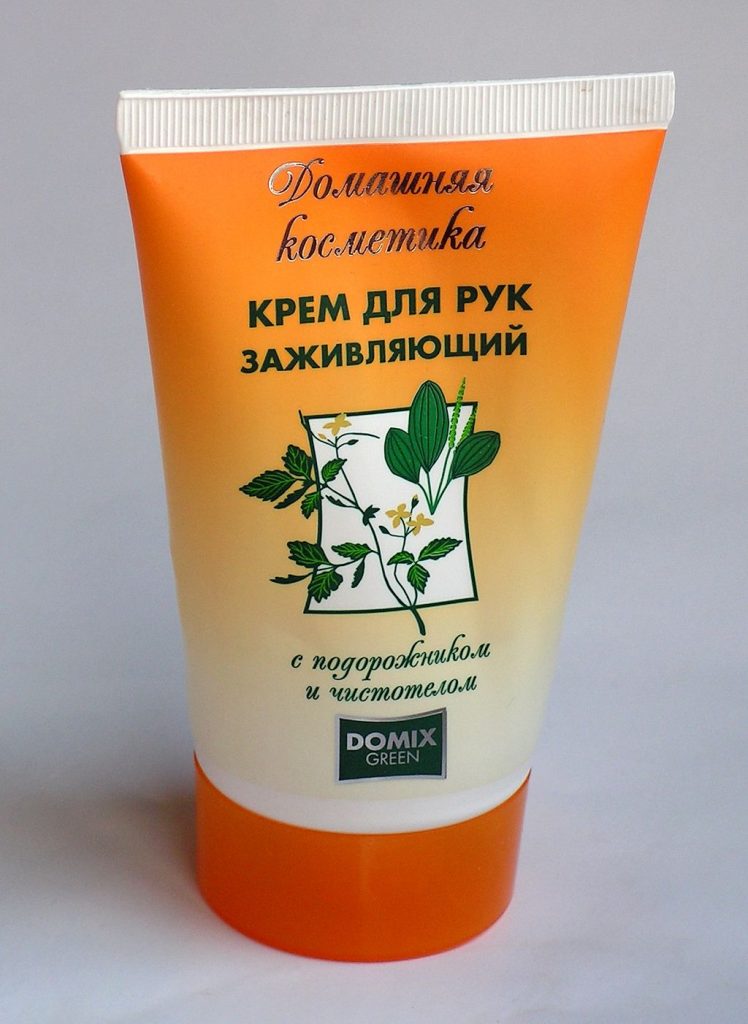Two Ways of Saying “For” in Russian: What’s The Difference Between Для And За? Posted by Maria on Aug 3, 2017 in language
If you look up “for” in a Russian dictionary, you will see at least two options — для and за. I will list some of the most common scenarios where you would use either preposition so you can grasp the difference better.
За + accusative
Support
За expresses someone’s support of a particular cause, candidate, or course of action.
- За кого́ вы голосова́ли на после́дних вы́борах? (Who did you vote for in the last election?)
- Пацифи́сты бо́рются за мир во всём ми́ре. (Pacifists fight for world peace.)
Exchange
За can also refer to any sort of exchange or specifically a monetary purchase.
- Я купи́л э́ти брю́ки за 4 ты́сячи рубле́й. (I bought these trousers for 4,000 rubles.)
Substitution
A related usage is someone or something representing someone or something else or acting in their/its stead.
- Во вре́мя мое́й боле́зни колле́ги выполня́ли мои́ обя́занности за меня́. (My co-workers fulfilled my duties for me while I was sick.)
Achievement
За is used to refer to someone’s achievement, especially is that person is being hono(u)red or celebrated for it.
- Мари́я Кюри́ получи́ла но́белевскую пре́мию за откры́тие ра́дия и поло́ния. (Marie Curie received a Nobel Prize for discovering radium and polonium.)
Cause
A similar usage is when за refers to something that caused the current situation, often when someone is facing the consequences of their past actions.
- За высо́кий рост его́ прозва́ли жира́фом. (He was nicknamed a giraffe for being so tall.)
- Бизнесме́н был осуждён за неупла́ту нало́гов. (The businessman was convicted of tax evasion.)
Для + genitive
Purpose/Destination
Для refers to where or what for something is used or will be applied. In other words, it introduces the “target” or a certain thing or action.
- У меня́ зако́нчился крем для рук. (I’m out of hand lotion.)
- Жа́реная еда́ вредна́ для здоро́вья. (Fried food is bad for your health.)
Objective
This is a related sense — this describes the objective of a certain course of action.
- Для повыше́ния у́ровня жи́зни населе́ния необходи́мы рефо́рмы. (Reforms are needed to raise the people’s standard of living.)
Recipient
Sometimes для is used to indicate the recipient of a physical object like a gift.
- Э́ти цветы́ для тебя́. (These flowers are for you.)
Perspective
Для can also mean “in the case of someone” or “from someone’s point of view.”
- Для поли́тиков поте́ря дове́рия избира́телей страшне́е пораже́ния. (For politicians, losing the voters’ trust is worse than defeat.)
- Для меня́ здоро́вье важне́е бога́тства. (Health is more important to me than wealth.)
I hope this helps clear things up a bit!

Build vocabulary, practice pronunciation, and more with Transparent Language Online. Available anytime, anywhere, on any device.






Comments:
Sara:
Great post! But isn’t для used with genitive?
Maria:
@Sara Thank you, fixed!
Francesca:
as shown in the examples, it is Для + genitive case
Alan Dean:
Many thanks – this is a confusing structure. Please show us where ‘На’ fits in when used as ‘for….’
Thanks
Maria:
@Alan Dean Thank you, Alan. I can’t think of a specific example of where на would correspond to “for” in all cases. I think it would mostly concern what’s called verbal governance (управление), or verbs requiring a certain preposition and case after themselves. For example, the English “hope for” will be translated as “надеяться на” (We are hoping for victory — Мы надеемся на победу). It’s not so much a matter of “for-на” correspondence as that of what follows the verb.
If anyone can think of any other cases, feel free to jump in!
Rosalie Brosilow:
Please give more verbs and their variations.